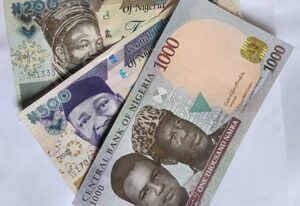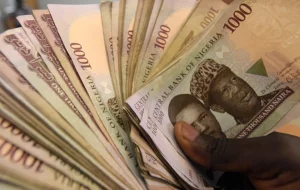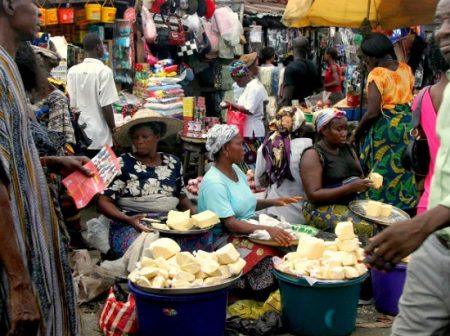The banking regulator’s monthly economic reports on foreign exchange market developments have revealed that the Central Bank of Nigeria injected $11.24bn into the economy to stabilise the value of the naira from January 2022 to July.
Also revealed in the report is the $7.6bn that was used to stabilise the naira in the first five months of the year.
Read Also: Lagos: Heavy Gridlock As Trailer Tumbles On Otedola Bridge

“Total foreign exchange sales to authorised dealers by the Bank were $1.75bn in July, a decrease of 15.4 percent relative to $2.07bn in June. A breakdown shows that foreign exchange sales at the interbank/invisible window and matured swaps decreased by 22.0 percent and 59.1 percent, respectively, to $0.13bn and $0.27bn, below their respective levels in the preceding month.
“In contrast, FX sales at Investors and Exporters, Secondary Market Intervention Sales, and Small and Medium Enterprises windows rose by 5.8 percent, 0.6 percent, and 65.7 percent, respectively, to $0.44bn, $0.72bn, and $0.19bn, compared to their levels in June.”
In an earlier report, the CBN said it had intervened in the markets with $1.65bn, $1.39bn, and $1.82bn in January, February, and March, while the interventions were $1.56bn and $1.18bn in April and May respectively.
“A breakdown shows that foreign exchange sales at the Investors and Exporters and interbank/invisible windows decreased by 37.9 percent and 0.7 percent to $0.16bn apiece, below their respective levels in the preceding month.
“Similarly, SMIS and matured swap contracts fell by 7.0 percent and 71.4 percent to $0.64bn and $0.10bn, respectively, compared to the amounts in April. However, foreign exchange sales at the Small and Medium Enterprises window rose by 8.4 percent to $0.12bn in the review period.”
Read Also: Eko Electricity Staff Stabbed During Disconnection Of Illegal Connection

The CBN has been intervening in the foreign exchange market to stabilise the economy and respond to growing demand in the market.
Nigeria is mainly an import-dependent country, which makes the demand for dollars to import inputs and buy finished products high.

